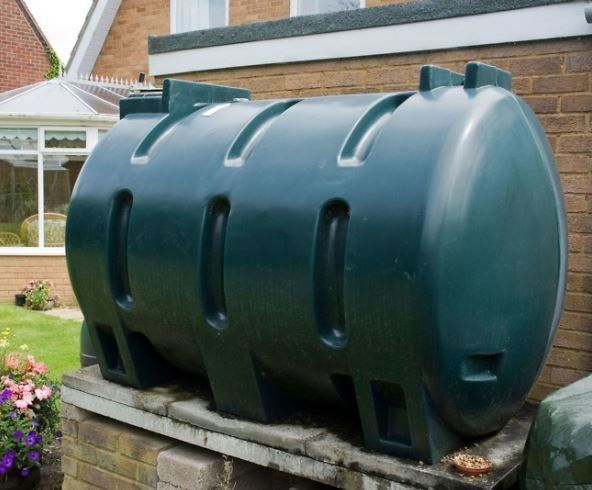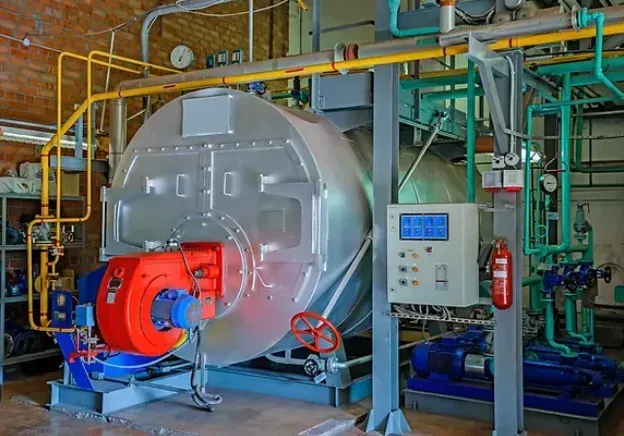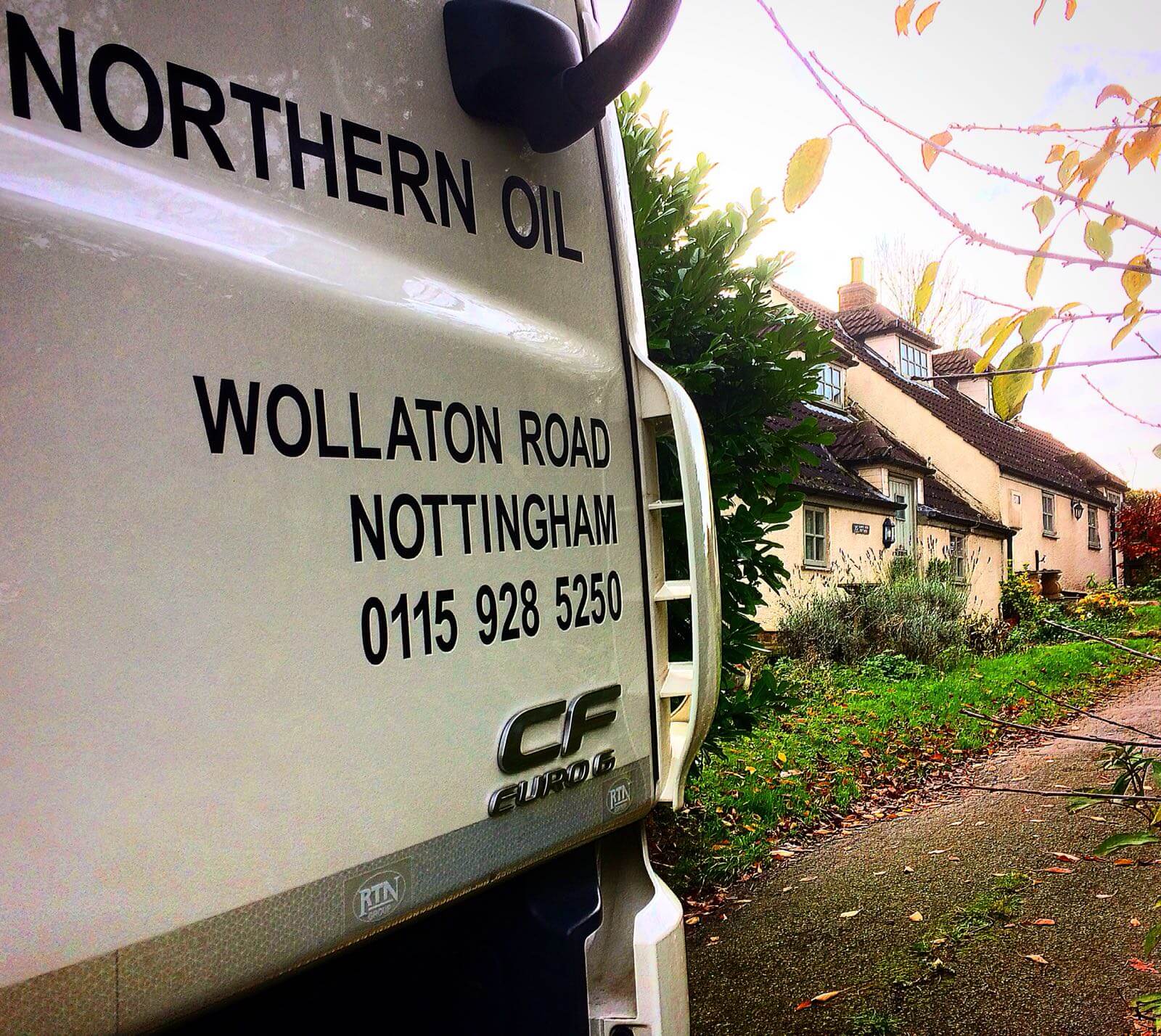TAKING CARE OF YOUR FUEL STORAGE TANK
A happy tank is a healthy tank
With the milder days of spring just around the corner, home heating is becoming less of a priority, with our thoughts turning to SUNSHINE, HOLIDAYS, and BEACHES! However, it is important not to neglect your heating oil tank.
When should I check my storage tank?
OFTEC ( https://www.oftec.org.uk/about-oftec ) recommends you check and maintain your tank and surrounding area on a weekly basis, and certainly prior to receiving oil, to make sure that the tank isn’t damaged or leaking, and to ensure reasonable access for the delivery driver.
What should I look for?
Check around the tank for any signs of leakage. A noticeable smell of kerosene may indicate a leak. Check that all pipe joints and connectors are not dripped or look ‘wet’. If you have a plastic tank, look for any bulging or whitening in the tank walls which could be a sign of damage. Inspect secondary containment (bunds), drip trays, and the remote fill pipe (if applicable), to ensure they are free of liquid or debris. Keep an eye on your oil levels regularly, a sudden drop in the oil level might indicate a leak in your tank.
What should I do to check my tank?
Examine the tank base or supports for cracking or subsidence. If the tank has a gauging system, ensure that this is in working order. Check all visible pipework, valves, and filters for signs of damage or leaks, such as dampness or staining. It may be good practice to run your fingers over the joints of the tank and around pipe couplings/joints etc. to check for leaks.
Be prepared
If kerosene is stood in the tank over the summer, or for any extended period of time, it can become ‘aged’ and darken due to oxidation, and the formation of microscopic particles that agglomerate (group together) can affect combustion and, ultimately, form a layer of sludge at the base of the storage tank. This can lead to problems with your boiler.
But there is no need to worry. Northern Oil can provide you with an additive which, when added to your tank, inhibits deposit formation and reduces sludge formation, slows the aging process of the kerosene, and increases the fuel’s shelf life. Give Northern Oil a call for more information on heating oil additives.
A healthy storage tank equals a happy heating system. If you would like further advice on caring for your storage tank give us a call at Northern Oil on 0115 9285250 or visit the OFTEC website.













